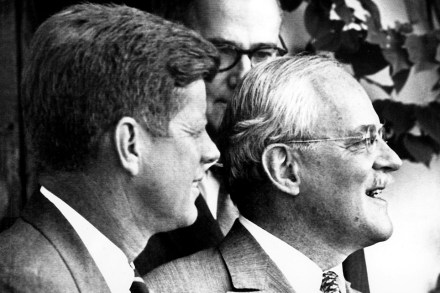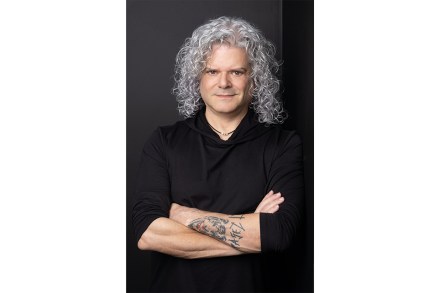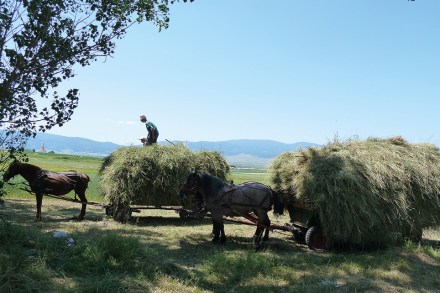Cold War spying had much in common with the colonial era
More from BooksThe CIA, this fascinating new history notes, is ‘possibly the most infamous organisation on the planet’. Its hidden hand is often presumed to be everywhere, pulling the strings. That’s pretty impressive, given that it only has, by most estimates, around 20,000 employees. (The exact number is, naturally, classified.) At the same time, it’s routinely portrayed






























